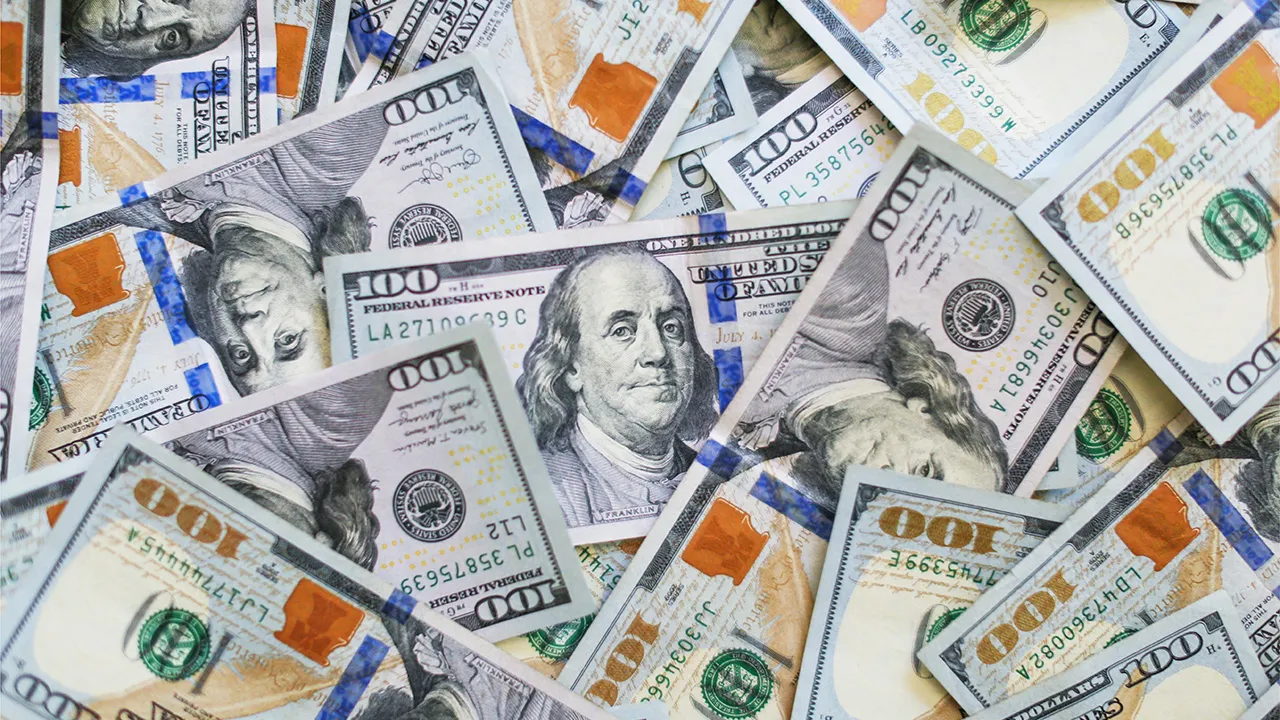- Media Assets
- Posts
- 🆕 Media Assets Newsletter (Launch)
🆕 Media Assets Newsletter (Launch)
Brought to you by Richard Patey & Chris Young - in this first issue, we discuss whether the Substack revolution has come and gone...

Hi there 👋,
Welcome to the first issue of Media Assets, brought to you by Chris Young and Richard Patey.
That’s right, these two Brits have joined forces to bring you a newsletter dedicated to what’s happening in the world of digital media assets.
We’ll be talking newsletters, niche sites, online magazines, podcasts, communities and more.
Let’s get into today’s issue where we discuss:
Has the Substack revolution come and gone?
Calculating Website Value
Dom Wells does an AMA on M&A
The best website brokers?
Understanding Seller Discretionary Earnings
Has the Substack revolution come and gone?
We are both fans of the paid subscription model.
Richard once built and sold a paid newsletter on Substack (featured on They Got Acquired) and Chris has a successful paid magazine (learn how to launch one here).
Casey Newton, the founder and editor of the popular newsletter Platformer, running on Substack, just wrote that he will be introducing ads:
Platformer was designed so that most people never have to pay us in order to benefit from our journalism. But at the moment, around 95 percent of our audience falls into this category. And while the generosity of our paid readers has allowed us to grow revenue well beyond my expectations, the limits of the subscription model mean that at our current rate we would likely never be able to bring on another journalist.
Casey has 150K+ free subs and thousands of paid subs paying $10/m, being the #4 publication in the tech category on Substack:
Substack has historically been ideologically opposed to sponsorship, and some creators have had issues in the past with making money outside of paid subscriptions, such as Codie Sanchez:
The reason: we promoted a paid product that they didn’t get a cut of that was not located on Substack.
Had no idea they required absolute exclusivity or they’d kick you off w/o notice.
Brutal!
— Codie Sanchez (@Codie_Sanchez)
6:13 PM • Jun 25, 2021
We believe that to truly grow as a media business, you need to incorporate sponsorships which is why we chose the beehiiv platform for this newsletter, who recently launched their own ad network.
Calculating Website Value

Are you sitting on a website and wondering how much it might sell for?
Website valuation is as much an art as a science. Most sites will sell for 25 to 35 times monthly profit (or Seller’s Discretionary Earnings - see below for more on that) but, at the end of the day, a site is worth what someone else will pay for it.
However, there are factors that will influence where in this range buyers will fall when looking at your business.
We’ll look at some of them in future newsletters, but in the meantime, a good starting point is this list of valuation calculators:
These will provide a reasonable guide - particularly those that give some insight into how they arrived at their valuation (i.e. where in the 25-35 range you sit)…
M&A AMA
Dom Wells, CEO and founder of the online holding company, OnFolio, recently did an ‘Ask Me Anything’ on X on what he’s learned from over thirty business acquisitions.
Some real gold for those of you looking to buy an online business in the near future:
I'm CEO of a 100% remote, publicly traded company and I've completed ~35 internet business acquisitions.
AMA
— Dom Wells (@DomWellsOnfolio)
1:15 PM • Sep 19, 2023
Brokering The Brokers

Quicksprout recently updated its reviews on the best website sales brokers out there.
Finding a great broker who can maximise the value of your sale is vital if you want to make a successful divestment.
Here’s an excellent round-up of some of the best out there:
Seller Discretion is Advised

As flagged above, Seller’s Discretionary Earnings (SDE) is what brokers use to value businesses. It’s a particularly defined profit number suitable for valuing small to medium businesses like most websites.
It’s an attempt to work out how much cash the core business is earning by adding back all the accounting stuff (e.g. depreciation) used to generate net income and any salary an owner has taken out of the business.
Here’s more on this important concept:
So that’s it for this week.
We do both hope you like this new newsletter - give us a reply if you have any suggestions or comments…



